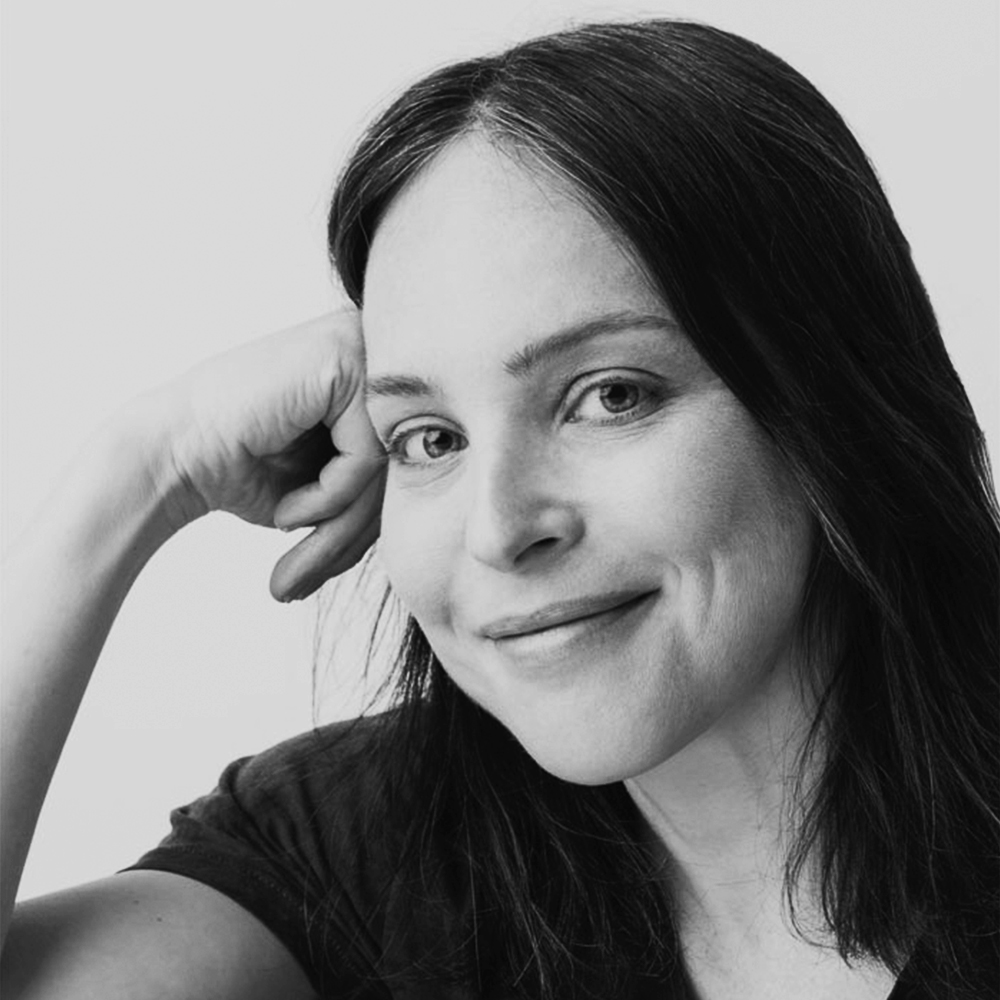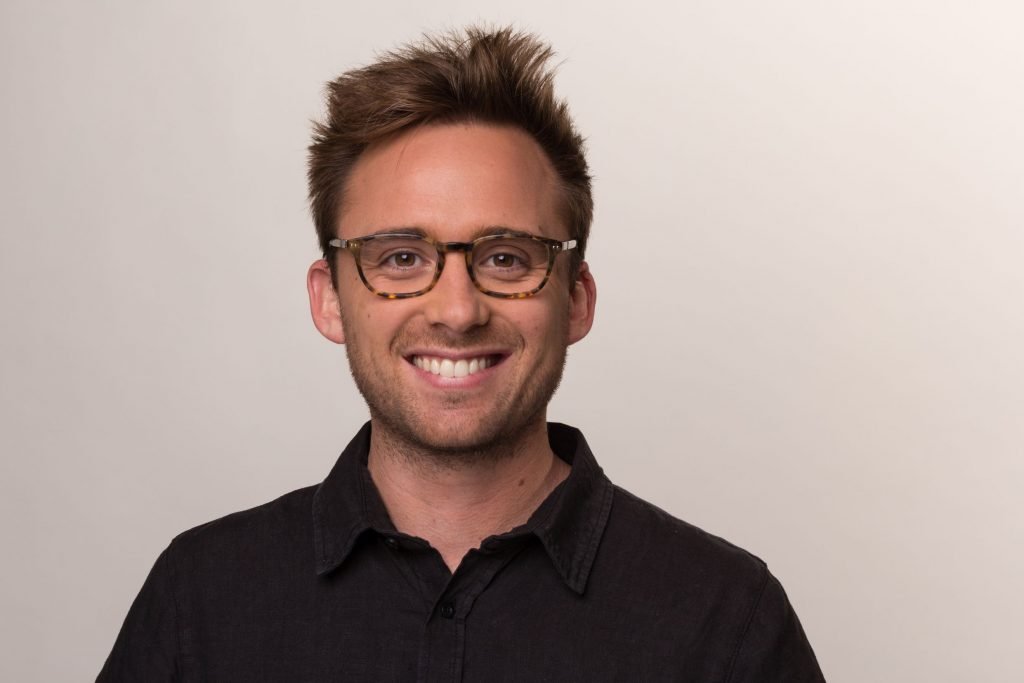Siobhan Roberts and Carl Smith to be “Journalists in Residence” at HITS
The Heidelberg Institute for Theoretical Studies gives science journalists the opportunity to deepen their knowledge of computer-based, data-driven science with a longer stay at the institute. For the fourth time, the program was announced internationally. Candidates from six continents applied. A committee of science journalists and scientists from universities and HITS selected Siobhan Roberts (Toronto, Canada) for 2020 and Carl Smith (Sydney, Australia) for 2021.
Canadian science journalist and author Siobhan Roberts will be the next “Journalist in Residence” at the Heidelberg Institute for Theoretical Studies (HITS). She will join the institute in August 2020.
Siobhan Roberts has worked as a freelance journalist with a focus on mathematics and science since 2001. She writes for The New York Times, Quanta Magazine, The Walrus, The New Yorker, and The Guardian, among other publications. Moreover, she is the author of two biographies on mathematicians: “King of Infinite Space” on Donald Coxeter and “Genius at Play” on John Horton Conway. She earned multiple awards for her work, among them the Euler Book Prize of the American Mathematical Society.
During her stay at HITS, Roberts plans to increase her fluency with data-driven research and to update her knowledge on research fields like computational carbon chemistry, astroinformatics and computational evolutionary biology that all are being investigated at HITS.
The committee also chose Carl Smith from Sydney, Australia, as “Journalist in Residence” for 2021. He is a staff science journalist and presenter working for the Australian Broadcasting Corporation (ABC) and works on complex science stories across radio, television, and online. Carl has earned degrees in molecular genetics and journalism. He has received a Walkley Award, and has been featured in The Best Australian Science Writing in 2018 and 2019.
Since 2012, the “Journalist in Residence” program offers experienced journalists with a focus on science journalism the opportunity to spend a three-month to six-month paid stay at HITS. In this time, journalists can interact with the research groups, implement their own projects and participate in internal colloquia and seminars of HITS researchers.
To date, eight journalists from India, the U.S., Spain and Germany participated in the HITS fellowship — which started in 2012 with the award-winning German science journalist Volker Stollorz. In the meantime, Stollorz became chief editor of the German Science Media Center in Cologne (https://www.sciencemediacenter.de/), an organization run by journalists that helps journalists with their reporting.
HITS is a private, non-profit basic research institute. It was founded by the Klaus Tschira Foundation in 2010. At HITS, currently around 120 scientists from 20 countries work in 11 research groups in areas where large amounts of data are produced and processed – from Molecular Biology to Astrophysics. One of the institute’s aims is to make the public more aware of the importance of computer-based, data-driven science, especially in natural sciences.
Press Contact:
Dr. Peter Saueressig
Head of Communications
Heidelberg Institute for Theoretical Studies (HITS)
Phone: +49-6221-533-245
peter.saueressig@h-its.org
http://www.h-its.org/
Twitter: @HITStudies
About HITS
HITS, the Heidelberg Institute for Theoretical Studies, was established in 2010 by physicist and SAP co-founder Klaus Tschira (1940-2015) and the Klaus Tschira Foundation as a private, non-profit research institute. HITS conducts basic research in the natural, mathematical, and computer sciences. Major research directions include complex simulations across scales, making sense of data, and enabling science via computational research. Application areas range from molecular biology to astrophysics. An essential characteristic of the Institute is interdisciplinarity, implemented in numerous cross-group and cross-disciplinary projects. The base funding of HITS is provided by the Klaus Tschira Foundation.

